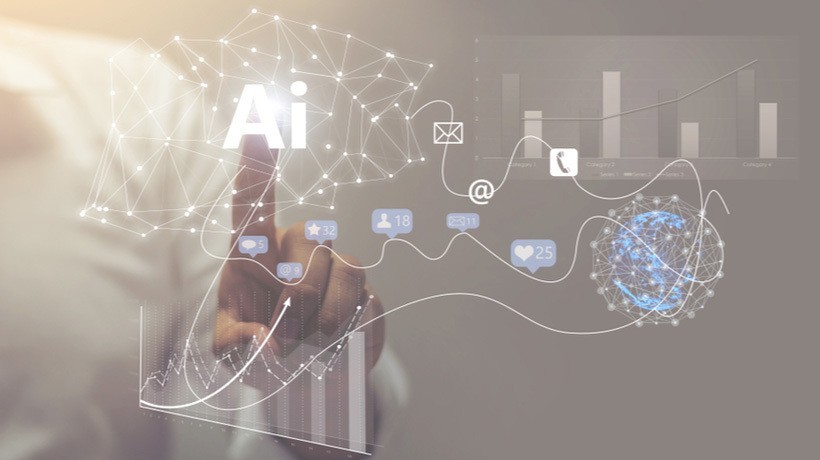The Evolution of Search Engines
Gone are the days when search engines operated on mere keyword matching and basic algorithms. Today’s search engines, led by giants like Google, are sophisticated AI-driven platforms that understand context, nuance, and user intent more deeply than ever before. This evolution stems from the integration of machine learning algorithms, which enable search engines to learn from vast amounts of data and continuously improve their search results.
Machine learning in search engines is about predicting user intent and providing the most relevant, high-quality content in response. This capability has significantly raised the bar for what is considered ‘good’ SEO practice. It’s no longer just about keyword stuffing or backlinking; it’s about creating content that genuinely answers the user’s query in the most effective way possible.
AI in SEO Today
The current landscape of SEO is a testament to the power of AI. Tools powered by machine learning algorithms can analyze keyword trends, understand search intent, and even suggest content optimizations to improve search rankings. These AI-driven insights are invaluable for SEO professionals and content creators alike, providing a data-backed approach to optimizing websites.
Moreover, AI is playing a crucial role in personalizing user experiences on websites. From chatbots that provide instant customer service to personalized content recommendations, AI is making it possible to tailor the user experience like never before. This level of personalization not only improves user engagement but also signals to search engines that your website is valuable and relevant to users’ needs.
Integrating AI into Your SEO Strategy
Embracing AI in your SEO efforts doesn’t have to be daunting. Start by incorporating AI-powered tools into your existing strategy. Tools like Google’s RankBrain, AI-driven keyword research tools, and content optimization platforms can provide insights beyond traditional analytics. They can identify patterns in search behavior, suggest content topics likely to rank well, and even analyze competitor performance.
One practical step is to use AI for content optimization. AI tools can help identify gaps in your content that, once addressed, can significantly improve your search rankings. For instance, they can suggest semantically related keywords or topics that you might not have considered, ensuring your content is comprehensive and aligns with user intent.
Another area where AI can be particularly useful is in understanding and optimizing for user experience signals. Machine learning algorithms can analyze how users interact with your site and identify areas for improvement, whether it’s page load speed, navigation, or content layout. Enhancing these aspects can lead to better engagement metrics, signaling to search engines that your site is valuable to users.
Content Optimization with AI
Content remains king in the realm of SEO, but AI is changing how we create and optimize this content. AI-driven content tools can help craft content that’s not only SEO-friendly but also engaging and valuable to your audience. These tools can suggest content structures, headings, and even write portions of content that are optimized for both search engines and user engagement.
Moreover, AI can take personalization to the next level. By analyzing user data, AI can help create personalized content strategies that cater to different segments of your audience. This means delivering the right content, to the right user, at the right time, thereby enhancing the user experience and improving SEO performance.
Future Trends
As we look to the future, AI’s role in SEO is set to grow even more significant. We can expect advancements in natural language processing (NLP) to further refine how search engines understand and interpret human language. This will make the quality, context, and relevance of content even more crucial for SEO.
Predictive analytics is another area where AI will shine, allowing SEO professionals to anticipate trends and user behaviors, enabling them to stay ahead of the curve. As AI technologies evolve, we’ll also see more sophisticated content generation tools, capable of producing high-quality, SEO-optimized content at scale.
In conclusion, the integration of AI into SEO is not just a passing trend but a fundamental shift that offers a wealth of opportunities for those willing to adapt. By leveraging AI and machine learning, businesses can gain deeper insights, optimize their content more effectively, and ultimately achieve better search rankings. The future of SEO is here, and it’s powered by AI. Stay tuned to Semrank for more cutting-edge insights and strategies to navigate this exciting landscape.








